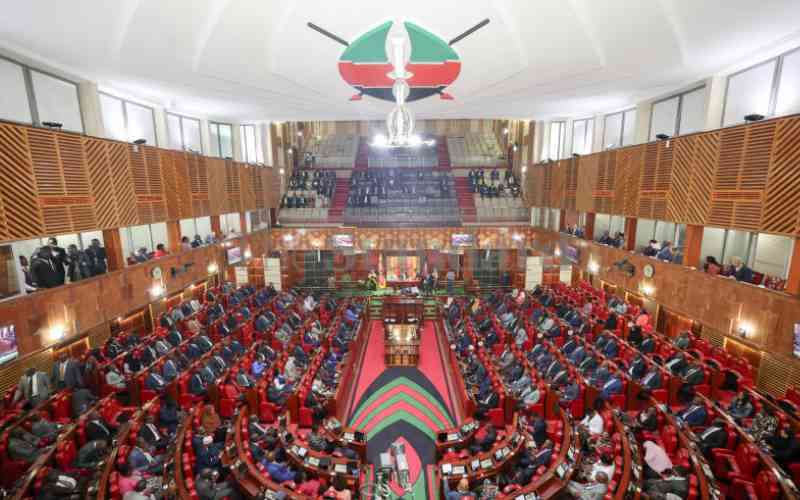×
The Standard e-Paper
Smart Minds Choose Us

Rivalry between the Senate and the National Assembly has now emerged over the passing of the Finance Act, 2023.
Senate has formally notified the court that it will appeal the judgement by justices David Manjanja, Christine Meoli and Lawrence Mugambi.